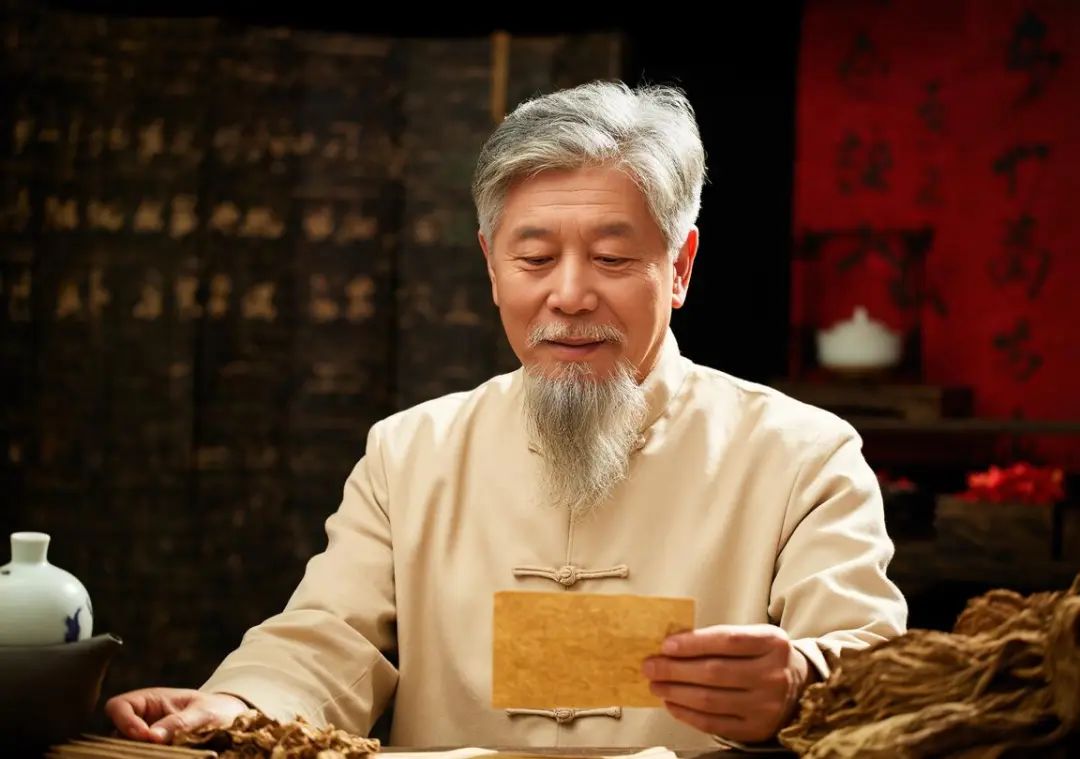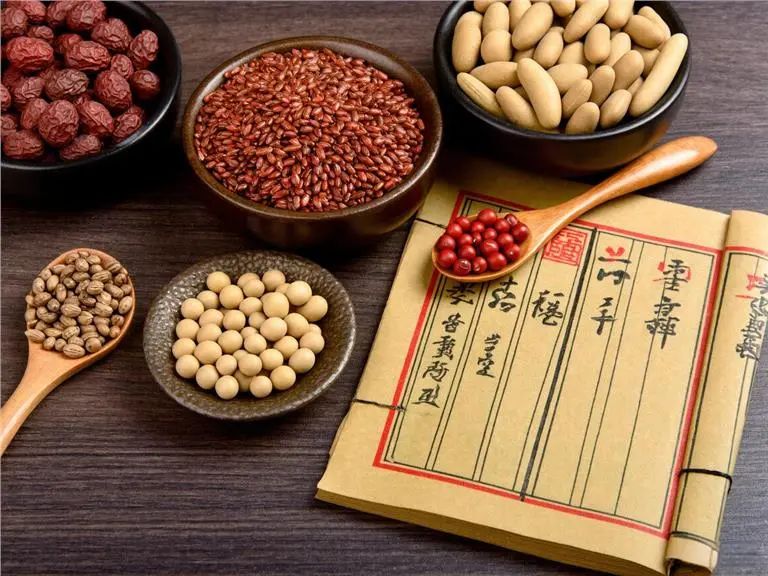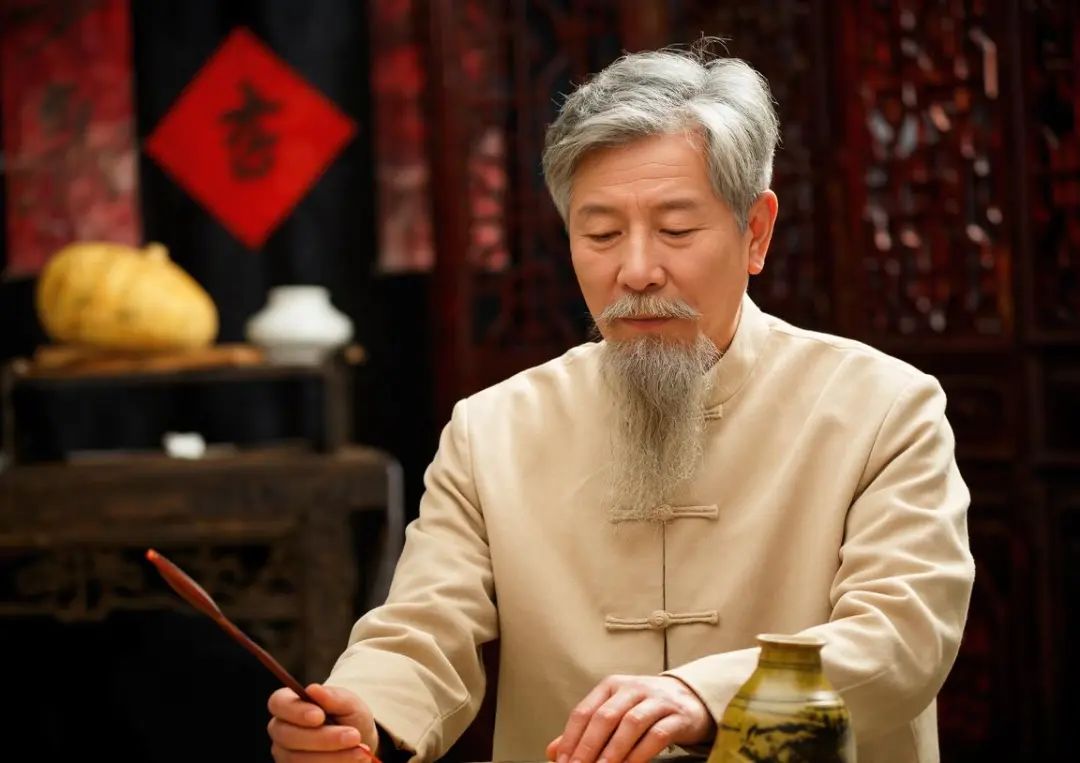Strengthening the spleen and nourishing the kidneys is a popular topic, especially among older individuals or those who experience significant work-related stress and feel physically weak. While there are many supplements and health products available on the market, some people still trust traditional Chinese medicine (TCM), believing it to be a reliable legacy from our ancestors. In fact, there are many excellent herbs in TCM that can strengthen the spleen and nourish the kidneys. Today, let’s discuss a few common ones that you may have heard of or even used.
First, let’s talk about strengthening the spleen.

Many people do not eat well or sleep well, leading to a general feeling of discomfort, especially a poor appetite where nothing seems appealing. At this time, strengthening the spleen becomes very important. There are several commonly used herbs for this purpose. For example, Bai Zhu (White Atractylodes) is one of them. It may sound ordinary, but it has significant effects, helping with digestion and enhancing appetite. It is commonly found in many spleen-strengthening formulas.
Another well-known herb is Fu Ling (Poria). Many people enjoy using it to cook porridge, often combined with some coix seeds and red dates. It promotes urination, drains dampness, strengthens the spleen, and calms the mind, addressing overall health. The best part is that it is inexpensive and widely available.
Dang Shen (Codonopsis) is also frequently used. This herb is more potent than Bai Zhu in terms of nourishment, making it a favorite among those who are significantly deficient. It can improve appetite and enhance physical constitution, resulting in a noticeable boost in energy. However, it is not necessary for those with strong constitutions, especially young people, as excessive supplementation can lead to heat symptoms.
Now, let’s discuss nourishing the kidneys.

Kidney deficiency is a concern for many men, who may be reluctant to discuss it openly but secretly seek remedies. There are indeed many herbs in TCM that nourish the kidneys, such as Du Zhong (Eucommia Bark), which not only nourishes the liver and kidneys but also strengthens the bones and muscles. Ancient practitioners often used it to support the lower back, particularly for those who experience soreness after prolonged walking. Many people who make soups like to add Du Zhong, believing it to have remarkable effects.
Another familiar herb is Gou Qi Zi (Goji Berries). While many know it for its liver-nourishing and vision-enhancing properties, it is also quite versatile in kidney nourishment, especially for those who are easily fatigued. Regular consumption of goji berries can help restore energy. If you feel lethargic throughout the day, you can soak a handful of goji berries in water to drink. There’s no need to buy expensive brands; affordable options are available in the market. Just remember to consume a few in the morning and evening for gradual but steady results.
Next is the well-known Yin Yang Huo (Epimedium), which is excellent for nourishing kidney yang. The name is quite interesting, as it is said that shepherds discovered that goats became particularly vigorous after eating this herb, hence the name. It has become a common ingredient in TCM formulas for kidney nourishment. Don’t underestimate this herb; it is specifically beneficial for those who feel cold in their hands and feet and have lower back and knee soreness. Many men with kidney yang deficiency find it very helpful for recovery.
However, be cautious with Liu Wei Di Huang Wan (Six-Ingredient Rehmannia Pill), as many people associate kidney nourishment with it. In reality, it primarily nourishes kidney yin. If you are unsure whether you have kidney yang or kidney yin deficiency, taking it indiscriminately may worsen your condition. Some individuals with yang deficiency mistakenly supplement with yin tonics, resulting in excessive cold and dampness in their bodies, leading to unsatisfactory outcomes. Therefore, it is best to consult a TCM practitioner rather than self-diagnosing.

There are also some less commonly used but effective herbs for kidney nourishment, such as Rou Cong Rong (Cistanche), which nourishes the kidneys and strengthens yang while also promoting bowel movements. The name itself gives a hint about its functions. It is particularly beneficial for those who are both deficient and suffer from constipation, effectively addressing both issues. After using it, you will find your energy restored and your digestive system functioning well. Some women with significant deficiencies also benefit from it.
Another noteworthy herb is Huang Jing (Polygonatum). You may have heard the saying, “In the north, there is ginseng; in the south, there is Huang Jing.” This herb is quite comprehensive, benefiting both the spleen and kidneys. Many people use it as a tonic, believing it can promote longevity. It is commonly found in various folk recipes. It resembles sweet potatoes and can be added to porridge or soups without altering the flavor much, allowing for quick absorption.
Lastly, we must mention He Shou Wu (Fo-Ti), especially the processed form. Many people use it for hair darkening and beauty, but its primary functions are to nourish the liver and kidneys and enrich the essence and blood. When consuming it, be sure to distinguish between the raw and processed forms, as raw He Shou Wu can be toxic and should only be consumed after proper processing.
Having discussed all this, we can conclude here. In fact, when it comes to TCM for strengthening the spleen and nourishing the kidneys, it is essential to understand that many people do not necessarily need to take herbs. It is more important to examine one’s lifestyle habits, which are more crucial than any medication. If you stay up late, drink excessively, and experience high stress, no amount of supplementation will be effective. TCM should be considered an adjunct; developing good habits is fundamental. Finally, remember that TCM emphasizes syndrome differentiation and treatment. For your own health, it is best to consult a professional rather than self-medicate. However, having some knowledge of these herbs will give you a general direction for future spleen and kidney nourishment.

I am Zixiao from the Medicine King Temple. My WeChat ID is: cy52535409. If you have related concerns, please add me on WeChat for communication~~

